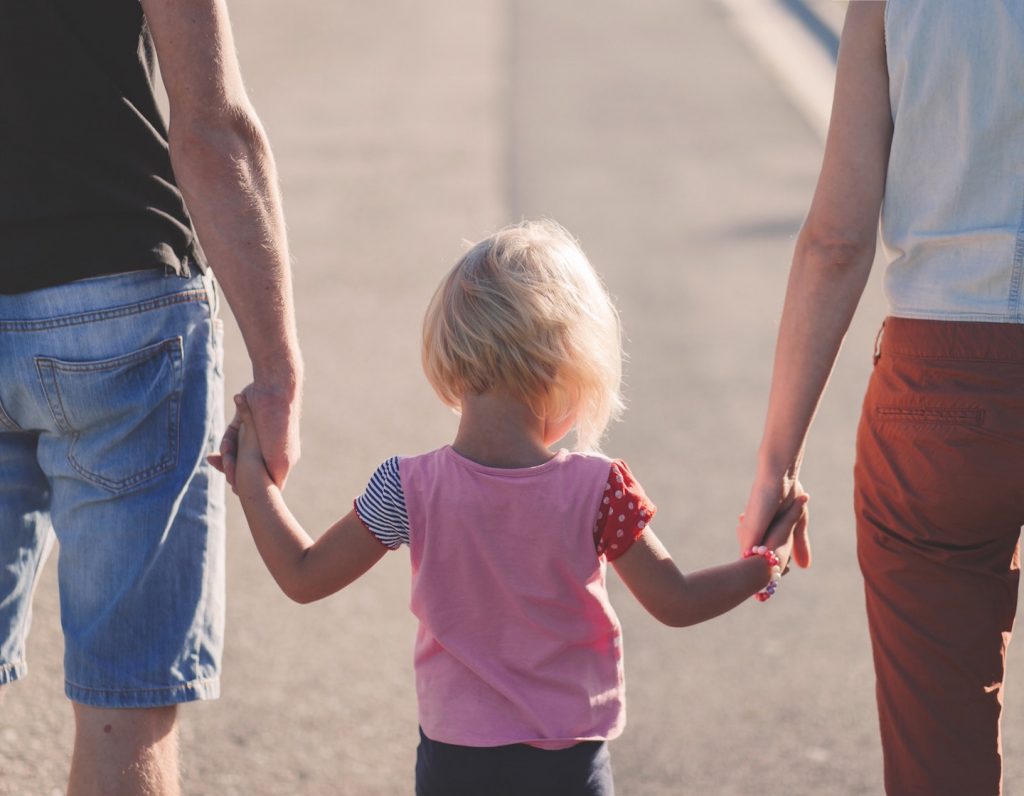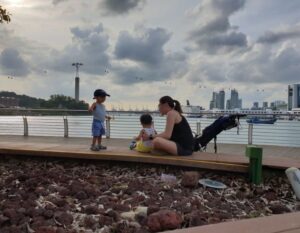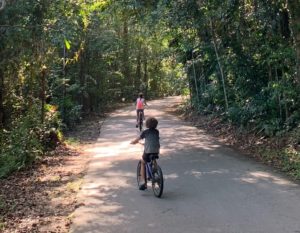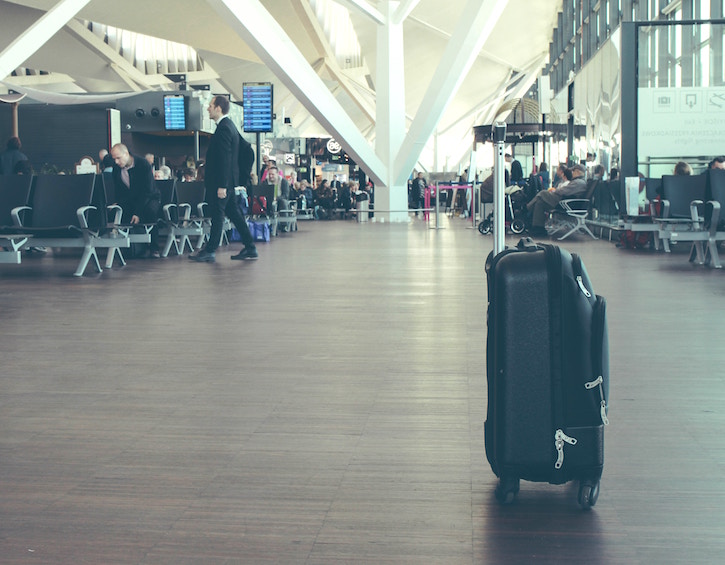
Four former expat mamas talk to us about their experiences repatriating back home with their children.
The sad truth about life as an expat is that a lot of the community is transient. People move on to other countries or return to their country of origin. Four former expat mamas talk to us about their experiences repatriating back home with their children. How did they cope, how are their kids adapting and the big question, would they ever move abroad again?
The Mamas:
Crystal Nanavati, American – 7 years in Singapore, two children – 5 and 8 years old
Sam Blakey, British – 6.5 years in Singapore, four children – 27, 23, 21, 18 and 15 years old
Pooja Makhijani, American – 6 years in Singapore, one child – 5 years old
Katrijn de Ronde, Dutch – 5 years in Singapore, two children – 6 and 4 years old
Where did you move to after Singapore?
Crystal: Although we are originally from the East Coast, when we moved back to the US we relocated to California. I’ve often described the transition as “basically the same as when we moved to Singapore, only there’s Target.” I know some people within an hour to two hour drive away, including a friend who is also a former Singapore expat, but we don’t live close enough that I feel like I have a support system.
Sam: I returned home to the UK, although ‘home’ is not exactly the word I would use; in six and a half years so much has changed I feel like a stranger in my own place! As my move back coincided with my divorce, I could not afford to return to my hometown, an hour’s commute south from London, so looked further north where housing was more affordable in NE Yorkshire.
Pooja: I moved back “home” when I returned to the U.S., which made the transition back almost seamless. I had everything I needed — family and friends, a professional network, a knowledge of geography and seasons.
Katrijn: This is the fourth time I have repatriated; the first was when I was five years old myself, then at nineteen, twenty-two and this time at thirty-seven years old. I love the adventure and thrill of a new place, and I made really good friends, but at the end of the day there is no place like home for me. I found repatriation easy this time around. Within six weeks I had bought a house, found a school and a job that I love, it really felt as if the universe aligned. Partly, it was because by now I know what to expect: it takes time to fit back into the lives of friends, to find my way around supermarkets and traffic again (I miss taxis so very badly), to get used to the new routine and the cold (who am I kidding, I’m still not used to the cold, bring on that humid heat please). And partly, it was made easy because I stayed with my parents for a few months, who had done exactly the same thirty years ago (that was my first repatriation). So they understood, and they gave us space and love in equal measures.
How did your children handle the transition?
Crystal: The transition has been extremely difficult on my children as Singapore is the only home they know. Both would rather go back to Singapore than stay here, although once they started school they started to acclimate. My younger daughter in particular is struggling with the move as she’s been home for the past six months, since she was considered too young for US kindergarten. Despite our household in Singapore being very “American,” it’s surprising then to discover how very Singaporean our family became. My older daughter would give anything for a good serving of chicken rice and my younger just wants to go to Fidgets or her old kindergarten.
Sam: My reasons for returning were largely tied up in the break up of my marriage, but as my three eldest were already back home either working or at Uni and my fourth was about to go to Uni, the decision to leave Singapore was an obvious one; although it meant walking away from my successful business and great friends. I chose Harrogate only on the condition I could get my youngest (a 15 year old with special educational needs) into a small, receptive mainstream school with no boys! We found the perfect place and on only day four, she climbed into my car and announced: “Mummy I love this place!” Naturally, my boys love having me nearer too. The hardest thing for my daughter has been the separation from her father, but thank goodness for Skype and in the circumstances, she is more settled here than I!

Pooja: I think children as young as mine are really resilient. My daughter has friends her age (cousins, neighbors with a lot of children) and she’s out and about almost every day! She did not like the cold weather at first, but she’s gotten used to it. She also loves living in close proximity to her grandparents. Parenting is different because I have lots of help from family here. This allows me to relax more — I have many trusted caregivers, which gives me immense peace of mind, and has made me a better parent day-to-day.
Katrijn: Repatriation was much harder on the children. I took them out of the environment they knew and felt comfortable, where they had friends, and lugged them halfway across the world, and then moved again from my parents’ place to a suburb an hour away. And then I went back to work, which for me was exhilarating, but for then, alienating. School was very different. Singapore schools have strong focus on academics and an expectation of obedience. It took my children a few months to figure out where the boundaries are in their current Dutch schools, with their belief in autonomy and self-directed learning. Seeing my daughter go through her repatriation has brought back memories of my own. I remember feeling like an outsider and being told off by the teacher for showing off when I talked about the elephants we saw on our last holiday before moving back. Yes, children are resilient, I got over it, and my daughter and son are getting over it. But it has hit them much harder than I expected.
Would you move abroad again?
Crystal: I would be willing to do the expat thing again as we don’t have any real ties to California. I think the only thing that would change my mind is if we had an opportunity to go back to Boston, where our family and friends are. Absent that, I’m completely up for moving abroad again.
Sam: In a heartbeat. Singapore was the best and worst years of my life; moving so far away from everything that was familiar gave me the courage to re-invent myself where people didn’t know me and re-train so I could do something I really love. I was able to build a really successful business and watch my kids grow and blossom in the environment they found themselves. The benefits this international experience gave them is frankly priceless, despite the heavy price we ultimately paid. I dream of warm climes and foreign shores and even on my own would dare, because we did it once and it was mostly good!
Pooja: I’m not sure if I’d ever do it again! While I made so many dear friends in Singapore, I really like being back in the U.S. (despite the political situation). I really missed my support network, and I’m glad to have it back!
Katrijn: For the sake of my children: no, not as long as they live at home. They need roots and stability. But who knows after they move out?






 View All
View All





 View All
View All









 View All
View All





![[𝗦𝗔𝗩𝗘 𝗧𝗛𝗜𝗦] 𝗙𝗿𝗲𝗲 𝗔𝗰𝘁𝗶𝘃𝗶𝘁𝘆 𝗙𝗼𝗿 𝗞𝗶𝗱𝘀 𝗪𝗵𝗼 𝗟𝗢𝗩𝗘 𝗙𝗶𝗿𝗲𝘁𝗿𝘂𝗰𝗸𝘀! 🚒🔥
Skip the usual mall stroll and check out the Civil Defence Heritage Gallery! It’s free, air-conditioned, and housed in Singapore’s very first fire station, just across from Funan Mall.
Spanning two full floors, the gallery dives into Singapore’s firefighting history, major rescue missions, and the evolution of the SCDF. There are interactive exhibits, immersive displays, and even emergency preparedness tips for the public.
Bonus: Selected fire stations also host Saturday morning open houses with guided tours where you can watch fire gear demos, meet firefighters, and see those high-pressure water sprays in action!
𝗛𝗼𝘄 𝗺𝘂𝗰𝗵? FREE
𝗪𝗵𝗲𝗿𝗲? 62 Hill St, Singapore 179367
𝗢𝗽𝗲𝗻𝗶𝗻𝗴 𝗵𝗼𝘂𝗿𝘀? 10 am–5 pm (Closed on Mondays)
Comment “Fire” or link in bio for more details!
Tag your parent crew and plan your next adventure with the little ones! 👨👩👧👦💥
.
.
.
.
.
.
.
#SGFireStation #SCDFGallery #ThingsToDoWithKidsSG #FreeFamilyFun #SGParents #KidFriendlySG #FiretruckLovers #MuseumAdventure #SCDF #HeritageGallery #SGMums #FamilyWeekendSG #LearningThroughPlay #SingaporeWithKids](https://www.sassymamasg.com/wp-content/plugins/instagram-feed/img/placeholder.png)
